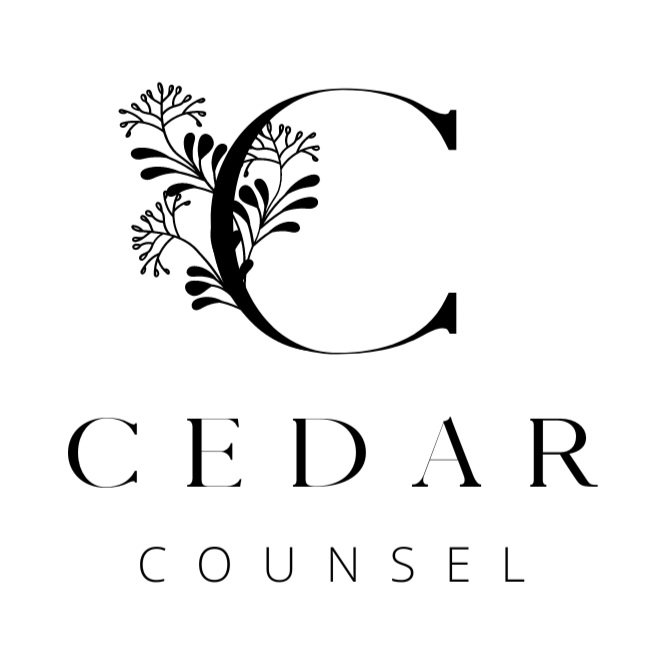How Much Will Probate Cost Your Family?
Most people don’t realize how much estate planning impacts the people they love—until it’s too late. It’s not just about who gets what; it’s about making sure your family isn’t left dealing with court battles, unexpected legal fees, or delays in accessing what they need after you’re gone.
I recently worked with a woman who learned this the hard way. She and her husband had built a wonderful life together, raising children and sharing a home that held years of memories. They assumed everything was in order—after all, he had a will that left everything to her. But when he passed away, she discovered a painful truth: the home they had lived in for years was still titled solely in his name, which meant it had to go through probate before she could claim ownership.
Even worse, her late husband had children from a previous marriage who had to be notified and given the chance to contest the estate. While they had never intended to create conflict, the legal process brought tensions to the surface, adding stress to an already painful time. Months passed before she could access certain accounts, and the probate fees alone drained tens of thousands of dollars from the estate. All of it could have been avoided with the right planning.
When a Will Isn’t Enough
Many people assume that a will is enough to protect their loved ones, but a will only directs how assets should be distributed—it does not prevent the estate from going through probate. Probate is the court-supervised process of validating a will, settling debts, and distributing assets. It can be expensive, time-consuming, and public. In some cases, it even invites challenges from estranged family members or creditors.
Here are a few key facts about probate that many people don’t realize:
Probate can take months or even years—even when no one contests it.
Probate fees are based on the total value of the estate, not just the liquid assets, meaning real estate can dramatically increase the cost.
A will becomes a public record, which means anyone can see what was left behind and to whom.
Blended families, minor children, or business ownership make probate even more complicated—often leading to disputes or unintended outcomes.
Had my client’s husband worked with an experienced estate planning attorney, he could have ensured that his home and assets passed seamlessly to his wife. A simple change—such as creating a trust and placing the home in it—would have allowed everything to bypass probate, avoiding delays, legal costs, and unnecessary stress.
Why a Trust Might Work for Your Family
Unlike a will, a trust allows you to control how and when your assets are distributed while keeping them out of probate. Trusts offer:
Privacy – Unlike a will, a trust is not a public record.
Immediate access – Beneficiaries can receive assets without waiting on the courts.
Protection from challenges – Trusts are harder to contest than wills.
Flexibility – You can set conditions, like delaying distributions until children reach a certain age.
Planning Now for Peace of Mind Later
Estate planning is about more than documents—it’s about protecting your family, reducing stress, and ensuring your legacy is handled the way you intend. I work closely with families to create personalized estate plans that fit their needs and prevent avoidable hardships.
If you want to ensure your loved ones are taken care of without unnecessary legal burdens, schedule a complimentary consultation with Cedar Counsel today. Together, we’ll create a plan that gives you and your family lasting peace of mind.
This article is a service of Cedar Counsel. We don’t just draft documents; we ensure you make informed and empowered decisions about life and death, for yourself and the people you love.
